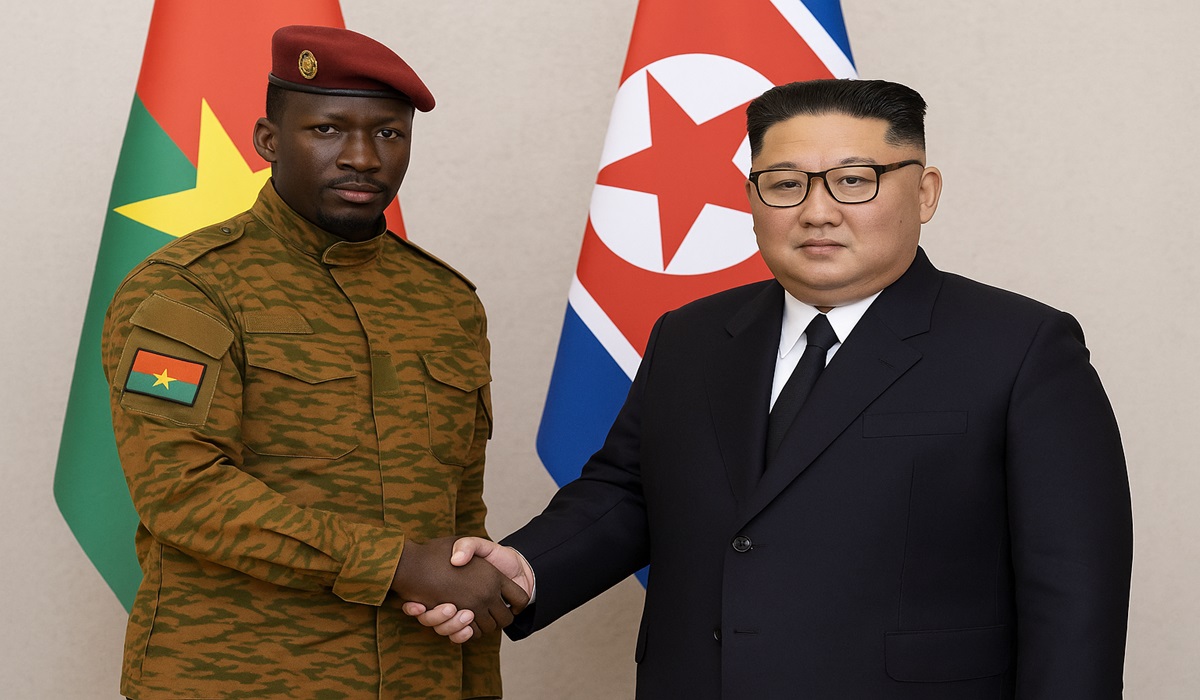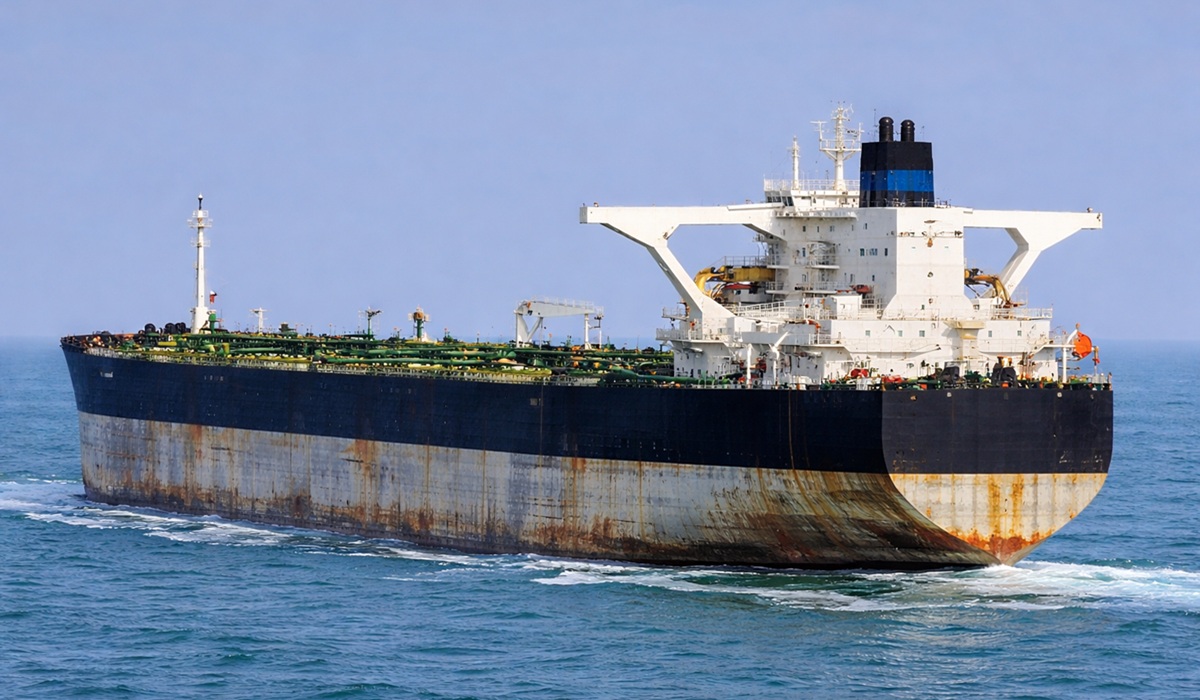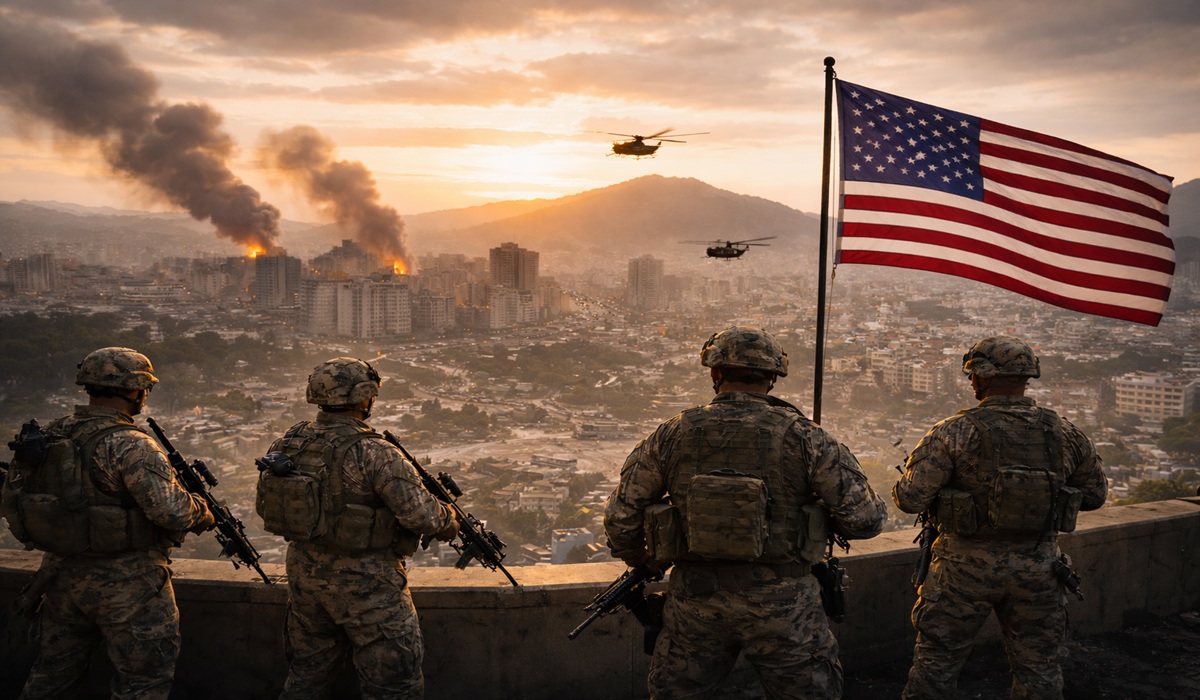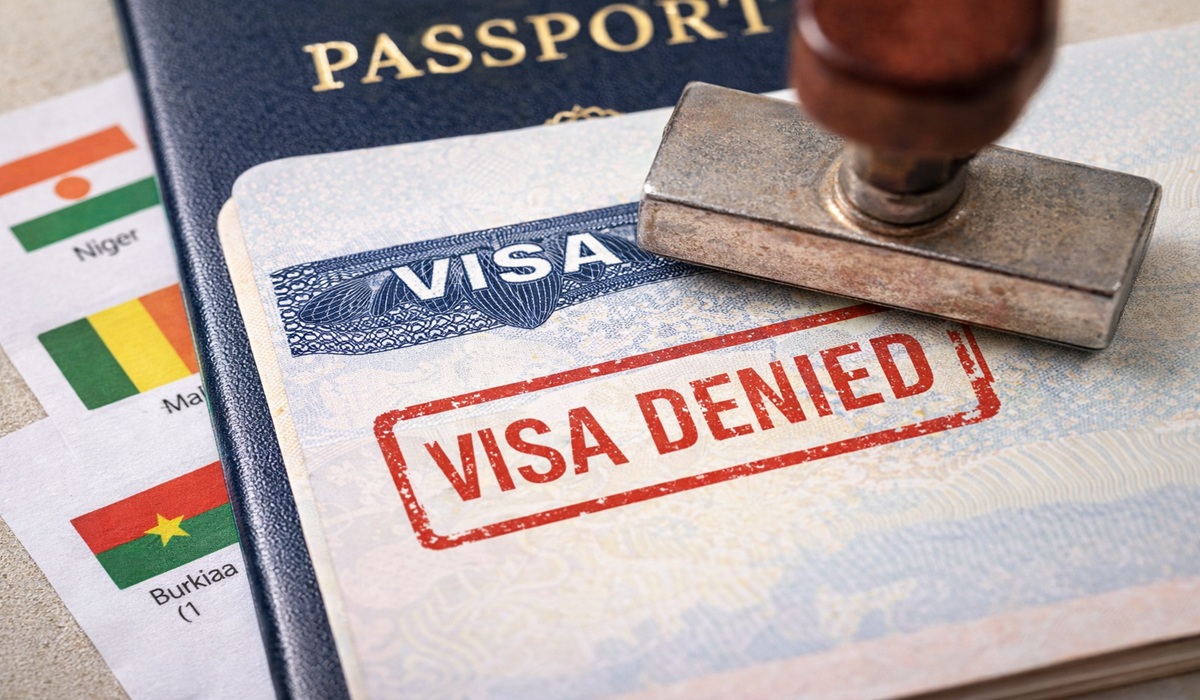The Art of Duplicity: When Allies Become Threats and Enemies Become Necessary
- Kingston Bailey
- Africa
- Breaking News
- May 15, 2025

Cover, Digital Image Rendering,
The art of statecraft is rife with contradictions, but few are as blatant—and as dangerous—as the selective outrage of global powers. When then-U.S. President Donald Trump met with North Korea’s Supreme Leader Kim Jong-un in 2018, the world paused. The image of the American president shaking hands with a man previously referred to as “Rocket Man” was a masterstroke of diplomacy or, depending on one’s perspective, a photo-op masking strategic recklessness. Still, the Western narrative called it “historic,” “bold,” and even “courageous.” There were promises of new beginnings, of reducing tensions, of exploring economic opportunities between adversaries. Trump, in his usual bombast, spoke glowingly of Kim’s leadership and the “love letters” they exchanged. That moment, for all its performative choreography, was endorsed as a peace effort—at least, when the hand extending across the DMZ was wearing a red tie.
Fast-forward to 2025. When Burkina Faso’s President Ibrahim Traoré began forging ties with North Korea, developing a working relationship rooted in mutual interest and sovereign survival, the tone from the West changed. Suddenly, this wasn’t diplomacy—it was danger. Suddenly, the same regime that was once invited to shake hands with the leader of the free world had become a pariah once more, solely because of who now sought their friendship. France and the broader Western alliance wasted no time in labeling Burkina Faso’s outreach as a threat to global security. Sanctions, warnings, condemnations—it was all predictably swift and hypocritically loud.
And so, we must ask: why?
Why is it that when a Western power engages with an isolated state, it’s diplomacy, but when an African nation does so, it’s destabilization? Why is it that partnerships rooted in sovereignty and strategic alignment are only legitimate when approved by those who have historically treated Africa as a resource well to be tapped, not a continent of equals to be respected?
Nelson Mandela once said, “We are not enemies of the enemies of the West.” That clarity—delivered decades ago—resonates today with chilling precision. African nations are not chess pieces to be aligned or sacrificed based on Western preference. They are sovereign, and their leaders are making difficult, often perilous decisions to protect their nations in the face of generational exploitation and existential threats.
Burkina Faso is not simply choosing new allies—it is fighting for its survival. Multiple attempts have been made on President Traoré’s life. The specter of coups looms over many Sahel nations, fanned in part by foreign interference and internal destabilization campaigns. In such conditions, security cannot be an afterthought. It must be primary. And in seeking military assistance, training, and alliances with countries like North Korea and Russia—nations whose armed forces are fiercely loyal to their commanders—Burkina Faso is not inviting aggression. It is trying to emulate a model of unity and survival in a continent too often fractured by betrayal and foreign plundering.
Let us be honest: the West is not concerned with who trains Burkina Faso’s troops. It is concerned with who controls Burkina Faso’s resources. Gold, manganese, uranium, rare earth minerals—these are the lifeblood of modern economies and the chains that have bound African progress for centuries. As the Sahel countries—including Mali and Niger—begin to chart a new course, free from the meddling of colonial overseers, the world suddenly reverts to cold war tactics. Narratives are crafted, sanctions deployed, and the media becomes an echo chamber of concern over “instability” in regions that have known nothing but instability under the watchful eyes of the West.
What is truly unfolding is a geopolitical shift that terrifies the old guard. African nations are no longer waiting to be invited to the table; they are building their own. They are forging alliances not based on ideology, but on necessity. If North Korea can train troops to be unshakably loyal and strategic, why not learn from them? If Russia can provide advanced defensive techniques and deterrence capabilities, why not partner? The goal is not to provoke but to protect, not to conquer but to survive.
There is duplicity in how global actors define “threats.” It is not the nature of the relationship that provokes concern—it is who holds the reins. When power slips from the grip of the West, it suddenly becomes illegitimate. When economic partnerships are no longer brokered through Paris or Washington, they are deemed corrupt. When African nations make sovereign decisions without Western input, they are labeled unstable or authoritarian.
This is not about Burkina Faso seeking war or chaos. It is about building a defense against both. It is about securing a future where African leaders do not need to fear assassination for standing against imperial remnants. It is about forging a military whose allegiance is not auctioned off to the highest bidder, but grounded in national pride and protective purpose.
To the trained eye, the reactions to Traoré’s alliances are not about safety—they are about supremacy. The Western world is not bracing against Burkina Faso; it is bracing against the loss of its unearned control. And as more African nations awaken to the illusion of dependency, the volume of condemnation will only rise. But this, too, is expected.
The art of duplicity, after all, is not new. What’s new is the unwillingness of Africa to keep playing along.








